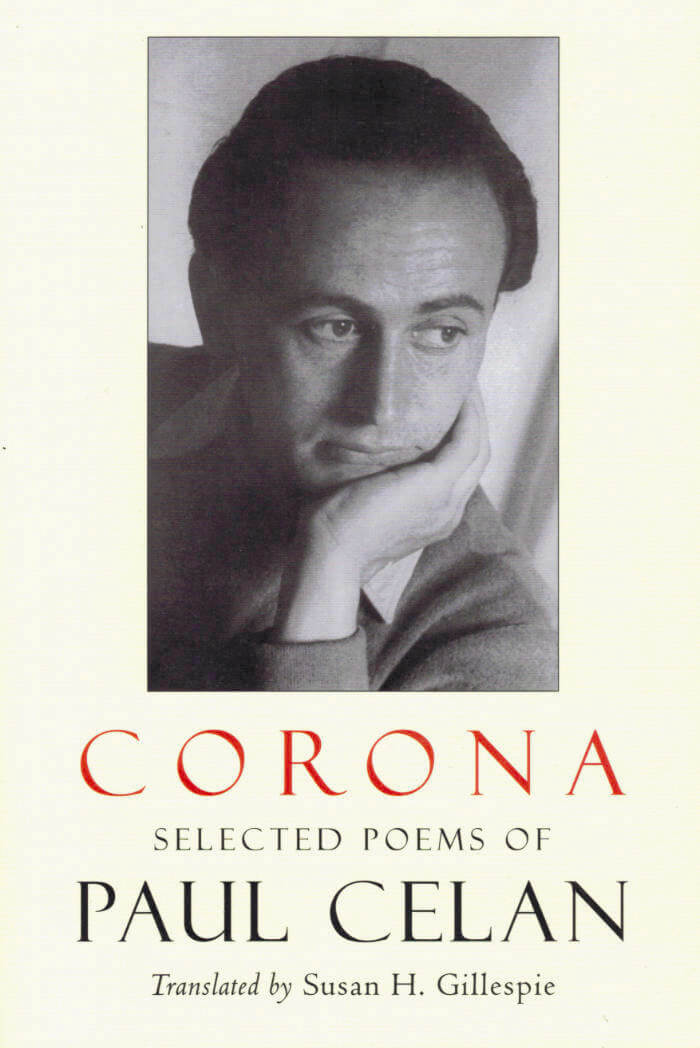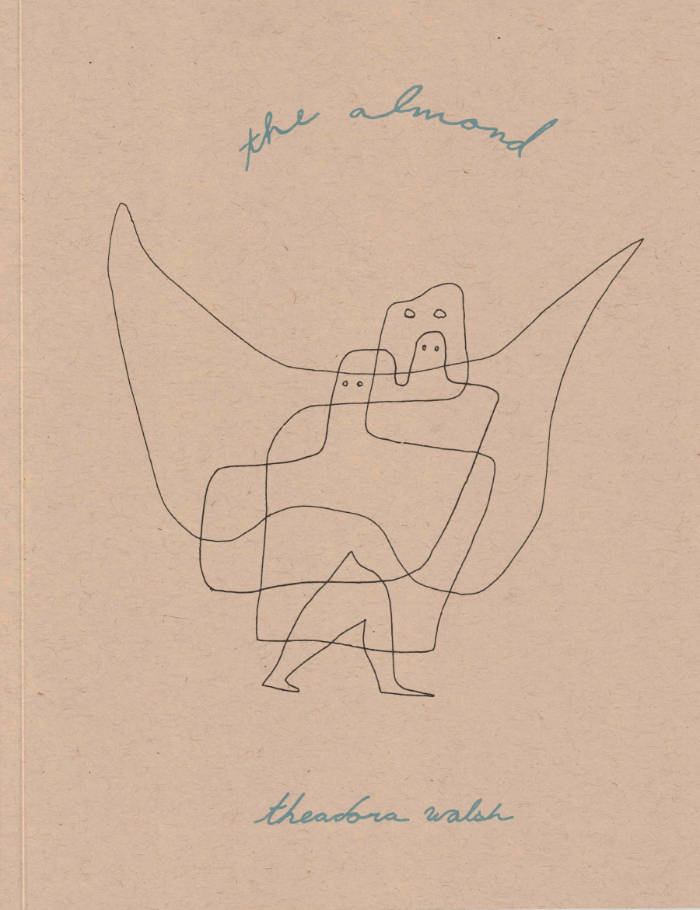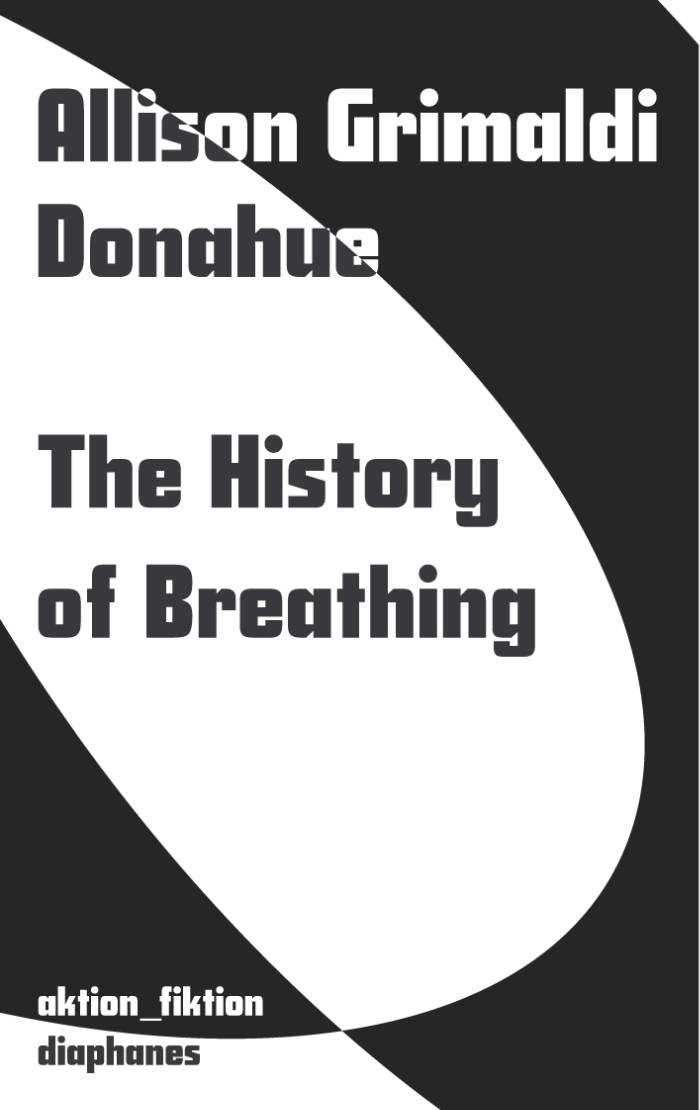Paul Celan
Paul Celan

Corona
Paul Celan, arguably one of the mid-20th century's most important German-language poet, is commonly pigeonholed as a poet of the Holocaust, a term, however, he never used. Undoing facile assumptions about Celan, CORONA charts a more idiosyncratic and personal path through Celan's large oeuvre, choosing 103 poems from among the more than 900 Celan published.
The bilingual selection includes work from all of Celan's periods and genres. Without ignoring the poet's well-known work of memory and memorialization, it seeks to open a space for new appreciation of Celan's love poems, as well as his poems on political events, painful reflections on his stays in mental hospitals, and quasi-burlesque verse.
Susan H. Gillespie's translations are characterized by their ease of diction and their attention to the "somatic" and rhetorical aspects of Celan's lines, their sound, gait, tone, and gravity, as well as to their internal and external echoes. The latter, elucidated in notes to the poems, include references to other poets and to Celan's wide readings of everything from specialized dictionaries to other writers, what Roman Jakobson called their "poetic etymology." "Here, poetry is not what gets lost in translation," writes Gillespie in the Introduction, "it is, itself, an act of translation, of experience and thought, into new language."
And more

The Almond
“Today is the day with the letter,” Celan writes to Bachmann on October 30, 1957. Theadora Walsh’s essay-poem, The Almond concerns, for I hesitate to write “about” or “is in relation to”, the love between Paul Celan and Ingeborg Bachmann. Two Austrian writers flung across Europe by the atrocities of the Holocaust, excavating the narrows of a language not theirs, or taken from them. An almond is the closest two people can be, and becomes the binding structural conceit of the book, two segments reaching across the blank page to each other, across history, time and language.

The History Of Breathing
In the tradition of poets such as Charles Olsen, Alice Notley and Sappho, Allison Grimaldi Donahues poetry connects the history of breath and language with narratives about the discovery and loss of our own voice.
The Etruscan language knew no blank spaces, no breaks between words—its texture resembled an uninterrupted flow of speech; more singing than speaking, form rather than content. Only in the dictum of the pause, the meaningful fragmentation of the breath and the staccato of the Atemwende (Paul Celan) does language become comprehensible rhythmic expression.
In a world full of slogans and catchphrases, Allison Grimaldi Donahue defends the poetological demand of Sound over Content! The History of Breathing weaves linguistics and poetry, verse and song, meaning and sound into a dense narrative about breathing, rhythm, and the gaps in language that allow words to take on meaning in the first place.
Allison Grimaldi Donahue (born 1984 in Middletown, Connecticut, USA, lives and works in Bologna, Italy) works in text and performance exploring modes in which language and text can move between individual and collective experience. She is author of Body to Mineral and On Endings, and translator of Blown Away by vito m. bonito and Self-portrait by Carla Lonzi. She has given performances at Short Theatre, Almanac Turin, MACRO, MAMbo, Fondazione Giuliani, Kunsthalle Bern, Hangar Biccoca, and Flip Napoli.

Anabases
This book documents an installation by Eric Baudelaire revisiting the political and personal saga of the Japanese Red Army as an anabasys—an allegory of a journey that is both a wandering into the unknown and a return back home.
“This book is not for reading but for wandering. Its lines do not roll out continuously but superimpose each other to infinity, creating not a compendium of knowledge but a web of prescience. It does not follow a logical framework but unfurls a grid with multiple entries. It does not assert a set subject or conclusive postulate. At most it invites us to probe the recesses of a mind in motion, and steeps us in the driving material that brings it to life. It reflects the works it exhibits, the documents it discloses and the commentary it generates: it aspires to ubiquity. Anabasis, the very real linking thread that stitches it together, serves not just as an archaeological enigma, but also as an allegorical force. The main author of this ocean crossing, Eric Baudelaire, is both a collector of vestiges and a sketcher of wandering lines who has surrounded himself with other meticulous voices (Pierre Zaoui, Homay King, Jean-Pierre Rehm), fellow-travellers in this library secret. Readers will be able to enjoy the gradual unfolding of the story of war and politics whose underlying intellectual and poetic adventure this book enables us to recall—that of its repetitions, ramifications and hybridisations: the story of Anabasis after Anabasis (or from Xenophon's Anabasis to that of Paul Celan by way of Alain Badiou's), from an ancient narrative to its modern reappropriation.” — Morad Montazami
Edited by Eric Baudelaire and Anna Colin.
Texts by Morad Montazami, Pierre Zaoui, Homay King, Jean-Pierre Rehm.